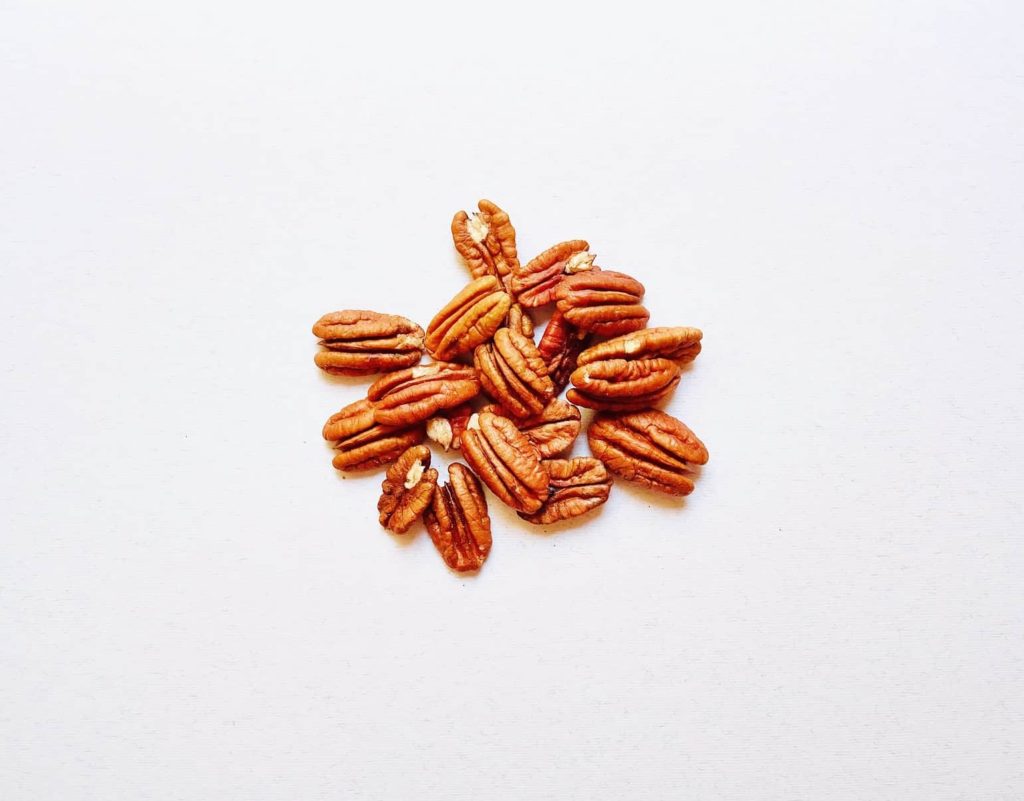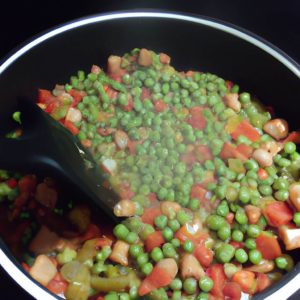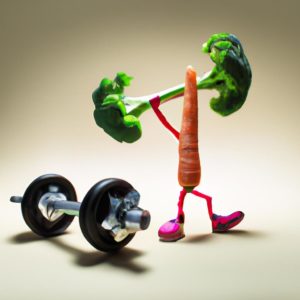There are many ways to speed up your metabolism, and the internet is full of great advice. It’s normal for your metabolism to slow down as you age. This can lead to weight gain and excess fat which is not what we want.
You can also find thousands of weight loss formulas and supplements that claim to help you burn fat faster. There is no magic bullet that will change the body’s ability burn fat. It all comes down to how you eat, exercise, and take care of yourself.
6 Foods that can speed up your metabolism
Although it might seem counterintuitive to believe that certain foods can speed up your metabolism, it is true. To kick-start fat-burning, your body needs nutrients. Skipping meals might not help you lose weight.
These foods are proven to increase metabolism and help you lose weight.
1. Lean Meats
Digesting protein takes more effort than digesting carbohydrates or fat. Experts recommend eating lean, fresh meats like poultry and fish. Digestive processes require a lot of energy. You’ll need to burn calories in order for them to be broken down. Research has shown that protein can help increase your post-meal calories by up to 35%.
Protein is essential for muscle building. Your metabolism will speed up if you have more muscle. Therefore, try to include protein at every meal and snack throughout your day.
2. Legumes
A great source of plant-based proteins is beans and pulses. They are also high in fiber, both insoluble and soluble. The body burns a lot of energy to break down fiber and protein. This helps keep your metabolism working well.
Beans are high in fiber, which helps keep blood sugar levels stable and prevents sugar cravings mid-afternoon.
Additionally, legumes contain iron, zinc and selenium. These minerals are essential for your thyroid to make enough hormones. Your metabolism could slow down or even become compromised without them.
3. Nuts
Another great source of fiber and protein is nuts. Studies have shown that those who eat nuts often have lower insulin resistance risk and smaller waists than those who don’t. Your body will be less likely to store fat and develop type 2 diabetes if you have lower insulin resistance. Nuts take longer to be broken down, making them more satisfying and healthier for your metabolism.
Research has shown that nuts can increase your metabolism. Numerous studies have shown that nuts can increase energy expenditure, which may result in you burning an additional 10% of your total energy yield.
4. Whole Grains
Whole grains are complex carbohydrates that contain a greater number of sugars. This means that your body takes longer time to break down whole grains, which increases your metabolism’s ability to burn steadily for longer periods. Research has shown that whole grains can increase your post-meal energy consumption by as much as 50% compared to processed foods.
Complex carbohydrates are more nutritious, especially B vitamins. These vitamins play an important role in the conversion of food into energy. This is the heartbeat of your metabolic function. Vitamin B12 is associated with weight loss, as it increases metabolism and provides long-lasting energy.
Whole grains are better than processed grains. You should look for whole-wheat flours, quinoa and brown rice, as well as oats, barley, corn and brown rice.
5. Probiotic foods
Fermented foods like yogurt, kimchi and kefir can increase the amount of good bacteria in your stomach. These bacteria are responsible for digestion and uptake of nutrients.
In a 2012 study, the Journal of Functional Foods found that adults who ate probiotic yogurt every night at dinner for six weeks lost between 3-4% and 5% body fat. This is compared to adults who consumed plain yogurt, which only lost 1% body weight.
Probiotics may alter the body’s ability to metabolize bile acids, according to some studies. These acids are produced by the liver. Their primary function is to reduce fats in the upper stomach. Probiotics may influence the metabolism of bile acids, which can affect how much fat you can absorb from food.
6. Caffeine
Caffeine, a powerful stimulant, is known to help you “wake up” as well as boost your metabolism. Caffeine works by blocking the neurotransmitter adenosine. This causes other neurotransmitters, such as dopamine and norepinephrine to release more dopamine.
You will feel more alert and energized which can make it easier to exercise longer. However, too much caffeine can cause a chronic stress response, which can leave you feeling exhausted. You should only take small amounts of it.
Research has shown that caffeine can boost your resting metabolic rate by as much as 3-11% depending on how much you take. This can also help you burn more fat. A study showed that caffeine-based supplements resulted in a 29% increase in fat burning. Researchers have concluded that caffeine may be able to significantly affect energy balance and accelerate metabolism.







